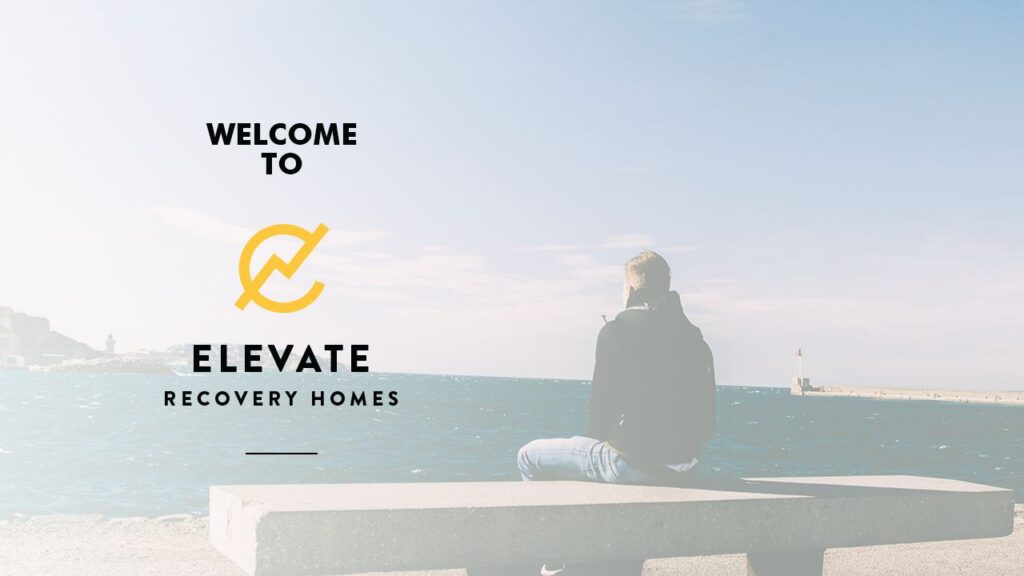If you have ever asked for advice from a person who knows what you are going through, you know the power of peer support. Peer support in recovery is the practice of getting and giving nonprofessional assistance from people with a common goal of succeeding in long-term recovery from addiction.
Let’s look at why peer support is important in addiction recovery.
What is Peer Support?
Peer support is when a person who has been through addiction recovery and has accomplished great breakthroughs in sobriety, mental health, and physical wellness, offers guidance to those starting or presenting going through their recovery journey.
The objective of this is to let individuals going through addiction recovery benefit from the advice of a peer supporter. The insights from the peer supporters are to complement the treatment they are already receiving.
Peer support typically occurs in a group setting, permitting one or a few returning individuals to speak to a group of current recovery occupants.
Why is Peer Support Crucial?
While recovery programs are created to help people overcome addiction, the key goal is to enrich a person’s whole quality of life by helping them to get lasting change.
Personal relationships play a significant role in a person’s total wellness and quality of life. While substance abuse lessens a person’s quality of life, studies have proven that peer support will help enhance it. Here are some key reasons why peer support is vital in addiction recovery.
Peer Support Helps Manage Stress in Recovery
Peer support can help manage stress and use coping mechanisms. Whether a person is dealing with everyday stressors or the death of a loved one, peer support helps people healthily deal with stress.
Life is going to have ups and downs such as financial hardships, family drama, unemployment, and other difficulties that could trigger considerable stress. Supportive peers can help you manage any stressors by talking about how they’ve included stress-relieving practices in their daily lives.
Peer Support Provides Role Models in Recovery
In recovery, it’s always good to have people to admire. Peer support can give you role models who have gone through recovery. These individuals can offer encouragement and advice when you need it the most. Usually, you can learn valuable recovery coping skills from your peer support role models. Additionally, seeing that other people can recover from addiction will inspire you to push forward on your path of recovery.
Learning about someone who’s overcome addiction and is living sober can put a light of hope in individuals still on their recovery journey. In places like our sober living homes in Colorado, peer support helps our patients flourish. Our peer recovery coaches share their triumphs, showing that beating addiction isn’t just a dream; it’s happening every day.
Imagine sitting in a group, listening to a story that parallels your battles but ends in victory. That’s what happens when you have a peer support community. Every story shared offers inspiration and guidance to those still on the road to recovery.
Peer Support Diminishes the Chance of a Relapse
Individuals who try to get sober by themselves are more liable to relapse than people with a solid peer support community. Studies show a substantial decrease in relapses in patients who had peer support. Also, the same study found that a community program focused on self-determination has a significant and positive impact on recovery from addiction.
Peer support also raises the probability that an individual will participate in a treatment program until the end.
Peer Support Offers Personal Experience and Advice
Speaking to a person who has gone through addiction recovery also offers a deeper quality of support and advice compared to that provided by medical professionals.
When therapists and doctors advise on how an individual can better deal with their cravings, there can be doubt on the side of the person receiving it. While the insights are helpful and supported by medical knowledge, those in recovery can be skeptical about the helpfulness of the advice.
But when a person who has been through rehab and attained sobriety offers suggestions that have worked for them, there is a better sense of trust in that advice. People will probably put these suggestions to the test and feel they will work because they see the outcomes firsthand.
Having peer support means you’re part of a team that roots for each other and keeps it real with each other on the road to sobriety. This circle of support means you’re accountable not just to yourself, but to everyone cheering for you. It’s this bond that encourages you, so you’ll stick with it and commemorate the successes together.
Peer Support Equals Lifelong Connections
In recovery, your peer support community isn’t just people passing through your life. They’re more like family members to encourage you on your path to a healthier lifestyle. Instead, you create lifelong bonds that go way past just being friends or acquaintances.
Having a peer support network of individuals who’ve been where you’ve been is vital. They’re the ones to call when you need some encouragement to “hang in there,” reminding you of how far you’ve come in your sobriety. These lifelong connections are the foundation of your well-being journey.
Peer Support in Recovery Is Needed for a Successful Healing
Peer support is essential in recovery. This connection is compelling as it delivers hope and strength, reminding those on their recovery journey that healing is within reach. In isolation, people are more vulnerable to relapse, face symptoms of depression, and are more likely to stop working toward recovery before finding true healing.
If you’re on the road to sobriety, know that you’re not alone. There’s a peer support community at Elevate ready to stand by you. Take the first step and get in touch with us.






